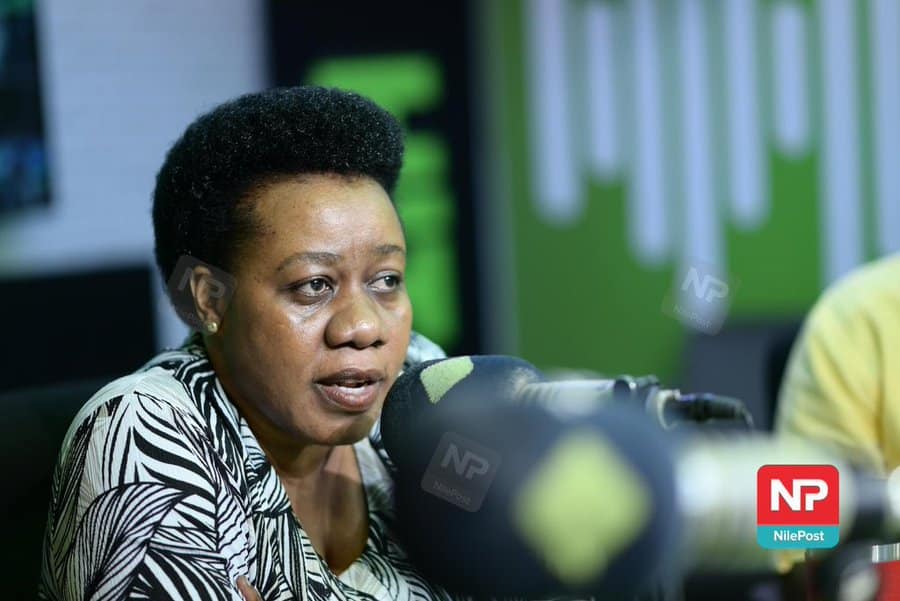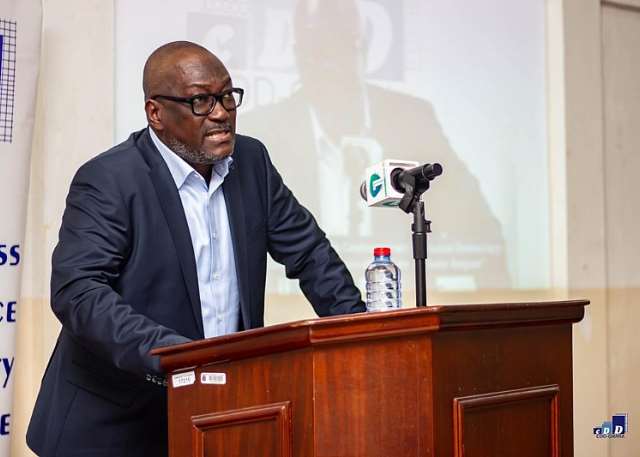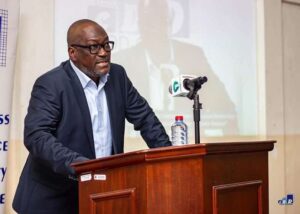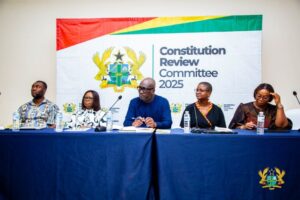Ghana is seven months away from another crucial election. As usual, candidates are sharing their vision and ideas with voters. They are making promises and taking jabs at each other. All this makes for a bustling election season. As has been the case, the election is really a contest between the National Democratic Congress (NDC) and the New Patriotic Party (NPP).
There is however, for me, an important element missing in this year’s election – the current state of Ghana’s democracy and what to do about it.
Yes, Ghana’s Fourth Republic has seen five presidents, held eight successful elections and, currently in its thirty-second year. This political trajectory is unique in several ways when compared to previous attempts at multiparty democracy. First, it is the longest-lasting multiparty democratic republic so far in the history of Ghana. It has outlived the previous three republics combined by more than eighteen years. Second, it has also outlived the two previous multiparty democracy attempts (1969-1972, and 1979-1981) combined by more than two and half decades. Third, elections have become the main instrument for dealing with dissatisfaction with government given the three elections that resulted in a change of government.
This political trajectory deserves applause except that despite Ghana’s electoral successes and generally stable and peaceful political environment, evidence shows deterioration in the quality of its democracy.
The Worrying Signs
The 2024 Democracy Report draws one of the most comprehensive democracy datasets (Varieties of Democracy, V-Dem) and comes from the V-Dem Institute. The critical worrying sign from this report is the changing course of Ghana’s trajectory post the 1992 transition. The country has moved from Electoral Autocracy (1993) to Electoral Democracy (1997-2002) to Liberal Democracy (2003-2014) and back to Electoral Democracy (2015-2023). We lost the period of liberal democracy. This is worrying because as per the report a period of liberal democracy is characterized by “judicial and legislative constraints on the executive along with the protection of civil liberties and equality before the law.”
The 2023 Democracy Index. A full examination of the index with particular attention to the questions used in constructing the overall score as well as the individual categories shows that Ghana has been able to address the elections part of democracy. The real challenge is how to deepen the substance of democracy in political culture, civil liberties, and functioning of government. They are the areas that give character and meaning to democracy while also ensuring that the system of government is not simply an end, but also a means to an end.
The 2023 Press Freedom Index. Ghana’s score on the political context component of the index dropped by five points and its ranking by nine places. The same is true on the economic context subcomponent where Ghana’s score remained unchanged, but its rank dropped significantly from 69 to 80. Overall, the index classified Ghana’s press freedom as “problematic.” The press plays a critical role in our democracy especially by ensuring accountable and transparent government. The country’s performance on these two subcomponents raises worrying concerns as to whether the media can play the role effectively.
The Afrobarometer Survey. A comprehensive review of nine rounds of data from the survey leads me to this conclusion about Ghana’s democracy – “a period of great dissatisfaction with democracy further complicated by lack of trust and increasing perceptions of corruption in institutions. This period is also characterized by a decline in the rule of law and a feeling among Ghanaians that members of the key representative institution do not do well listening to what ordinary persons have to say.”
The Democracy Pledge
This election year is an excellent opportunity to make Ghana’s democracy and how to fix these worrying signs a key issue. My organization, The Democracy Project, met with representatives of political parties at the Center for Democratic Development (CDD-Ghana) on February 22, 2024, where we shared these observations and called upon them to join in a democracy pledge commitment this election season.
After the meeting we informed the parties that as they work on their Election 2024 Manifestos, The Democracy Project will a) officially send recommendations related to Ghana’s democracy; and b) publicly highlight manifestos that specifically include steps aimed at addressing challenges to Ghana’s democracy.
The issues currently dominating the campaigns, and rightly so, are focused on the economy and economic-related issues. I understand this focus given the events of especially the last three years. However, I have argued previously that the best economic ideas will struggle to produce maximum benefits in an environment of deteriorating governance with respect to Ghana’s Democracy.
So, who will make a pledge to reverse the challenges to Ghana’s democracy? And when they win will they follow through with that pledge? Time will tell, but I will be observing.
 John Osae-Kwapong (Ph.D) is a Democracy and Development Fellow at the Ghana Center for Democratic Development (CDD-Ghana).
John Osae-Kwapong (Ph.D) is a Democracy and Development Fellow at the Ghana Center for Democratic Development (CDD-Ghana).
*Featured phot credit: Womensdeclaration.com















